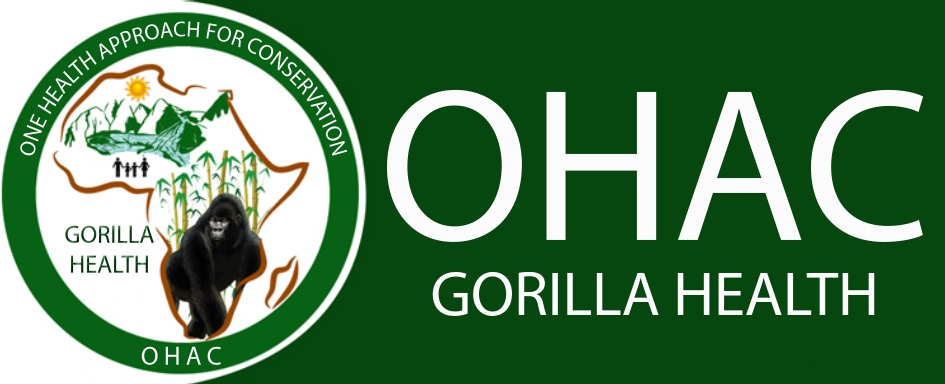Strengthening health-system emergency preparedness
Strengthening the Public Health system Zoonotic disease/ Fragile CV countries
The risk for pandemics from zoonotic origin is high. The One Health Approach for Conservation (OHAC) – Gorilla Health aims to strengthen the capacity to better manage zoonoses in the field. And to support the effective implementation of the country One Health strategy. We intend to establish and strengthen multisectoral collaboration in the prevention, detection, and response to emerging and re-emerging disease threats. With 5 years’ expertise with the World Health Organization (WHO) Headquarter, Dr. Jean Felix Kinani Sangwa was then for 3 years, the Ebola Team lead for Preparedness and Readiness Operation activity in DRC, based in Kinshasa and then in Goma for the overall coordination of readiness operation with the aims to prevent the Ebola Virus Disease infection. (https://www.washingtonpost.com/world/africa/who-declares-ebola-in-congo-to-be-emergency-ofinternational-concern/2019/07/17/e1cdbbba-a8af-11e9-8733-48c87235f396_story.html)
OHAC _ Gorilla health contributed to the development of the Rwanda One Health Strategic Plan and the One Health Institutional and technical frameworks and identifying areas and mechanisms for sustainable collaboration in disease surveillance collaboration in disease surveillance outbreak investigation and response. Dr. Jean Felix Kinani Sangwa coordinated the One Health Zoonotic Disease Prioritization exercise (OHZDP) with the identification of priority diseases in Rwanda. I contributed to the One Health. we organized as well the development of institutional Framework for the Rwanda One Health Steering Committee. We avail a combination of technical, managerial, and operational responsibilities, depending upon circumstances and need to support the operationalization of the NOHP and related emergency preparedness and response planning. (To add…. 3eme chapitre: Strengthening the Public Health system Zoonotic disease/ Fragile CV countries)
Humans and gorillas share approximately 98 percent of their DNA. This close genetic relatedness has led to concerns that gorillas may be susceptible to many of the infectious diseases that affect people. Human-to-gorilla transmission may explain human metapneumovirus in wild mountain gorillas that died during a respiratory disease outbreak in Rwanda in 2009.
Dr Kinani and his colleagues published a paper on implementing One Health as an integrated approach to health in Rwanda (https://www.ncbi.nlm.nih.gov/pmc/articles/PMC5335763/). If successful, Rwanda’s One Health approach will result in speedier achievement of meaningful health outcomes with more innovative solutions to pressing health problems, and will serve as a model for other countries that may benefit from incorporating One Health principles into their national strategic environmental, livestock and health plans.
OHAC – Gorilla Health and partners are mentoring districts hospitals on the DHIS2 Data Triangulation Dashboard. The proliferation of electronic systems, particularly in the domains of immunization and vaccine-preventable diseases, has resulted in a wealth of data. In response to this, a data triangulation guidance framework has been developed to assist countries in automating analytical processes, ensuring the timely availability of information to support decision-makers. In collaboration with key partners such as the CDC, WHO, and HISP, the Rwanda Biomedical Centre, specifically the Public Health and Surveillance & Epidemiology and Maternal, Child, and Community Health departments, has successfully created the DHIS2 Data Triangulation Dashboard.
This dashboard is tailored to assess immunity gaps and program performance within Vaccine-Preventable Diseases (VPD) and Routine Immunization (RI) programs. It accomplishes this by capturing and integrating data from various sources, facilitating the analysis and extraction of essential performance indicators. A group of trainers underwent comprehensive training on data triangulation with a particular emphasis on immunity gaps and program performance, imparted by experts from the CDC’s Global Immunization Program. It help to equip EPI FC and Data Manager with the skills to identify immunity gaps & issues related to the the capacity to train district-level staff.
The One Health Approach for Conservation (OHAC) – Gorilla Health will continue to provide training for health persona and intend to organize more workshops with the aim in increasing the African ministry of Health’s capacity to conduct effective public health surveillance and allow timely response to endemic and emerging public health threats. We aim to foster the development, connection, and mobilization of a team comprising health personnel, epidemiology experts, and one health fellow, with the goal of enhancing public health systems and advancing health security.
Identified types of public health and disease concerns in Africa with which we are involved
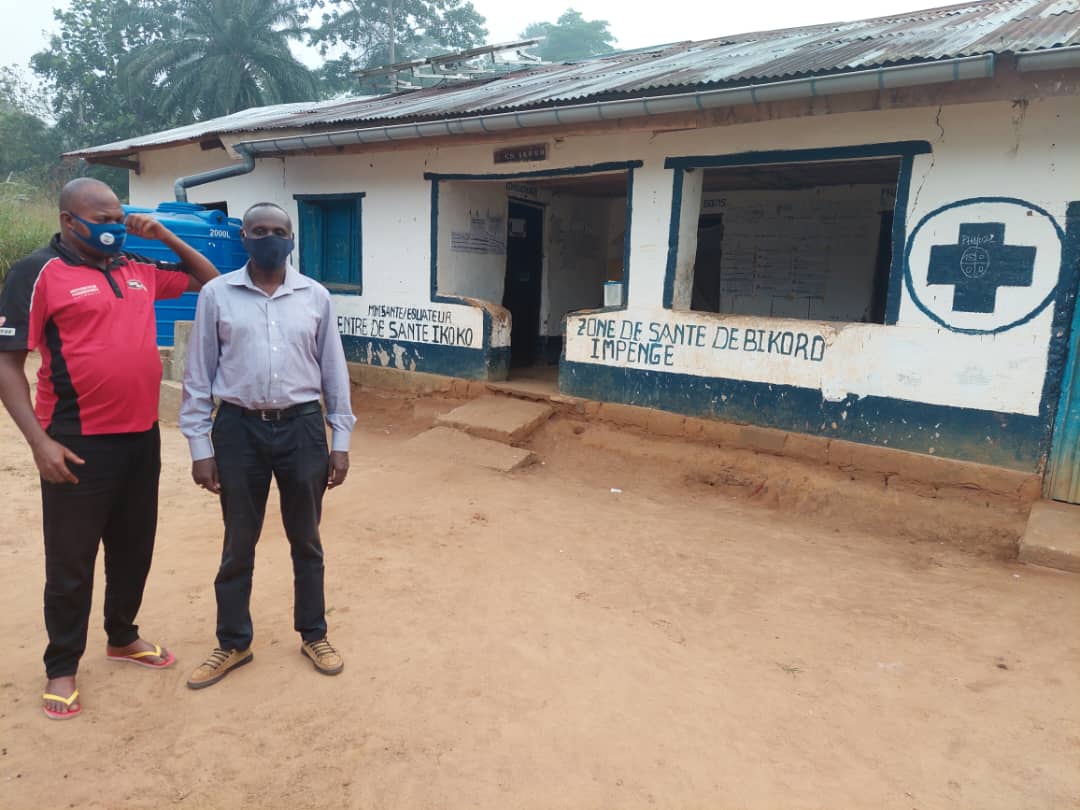
Ebola and other hemorrhagic fever
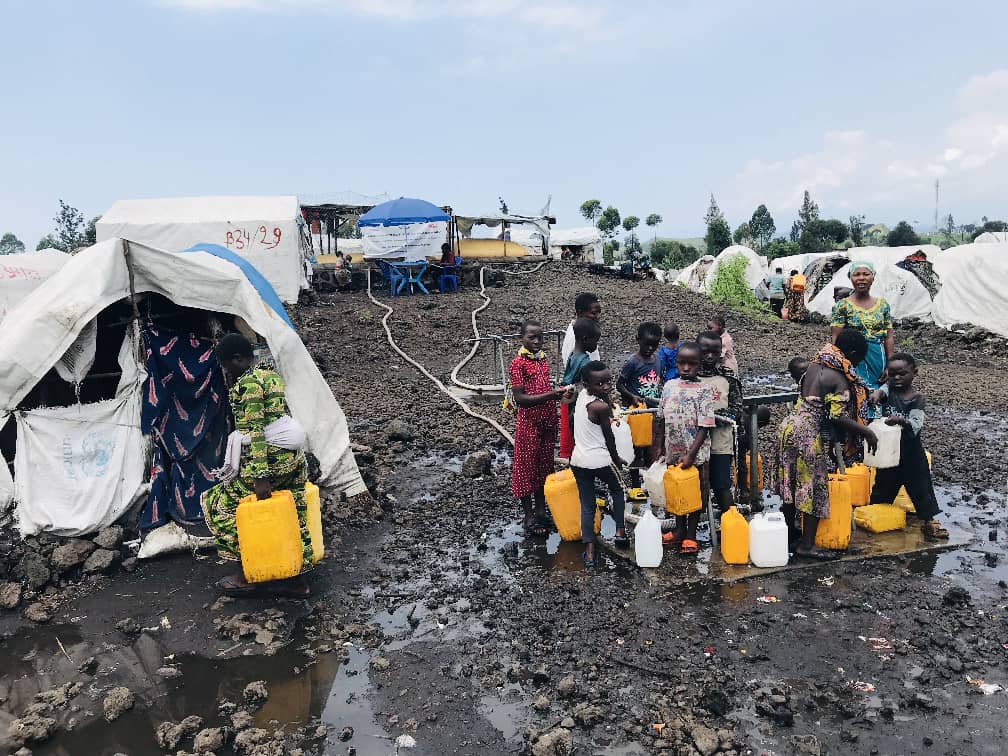
Cholera and watery diarrhea
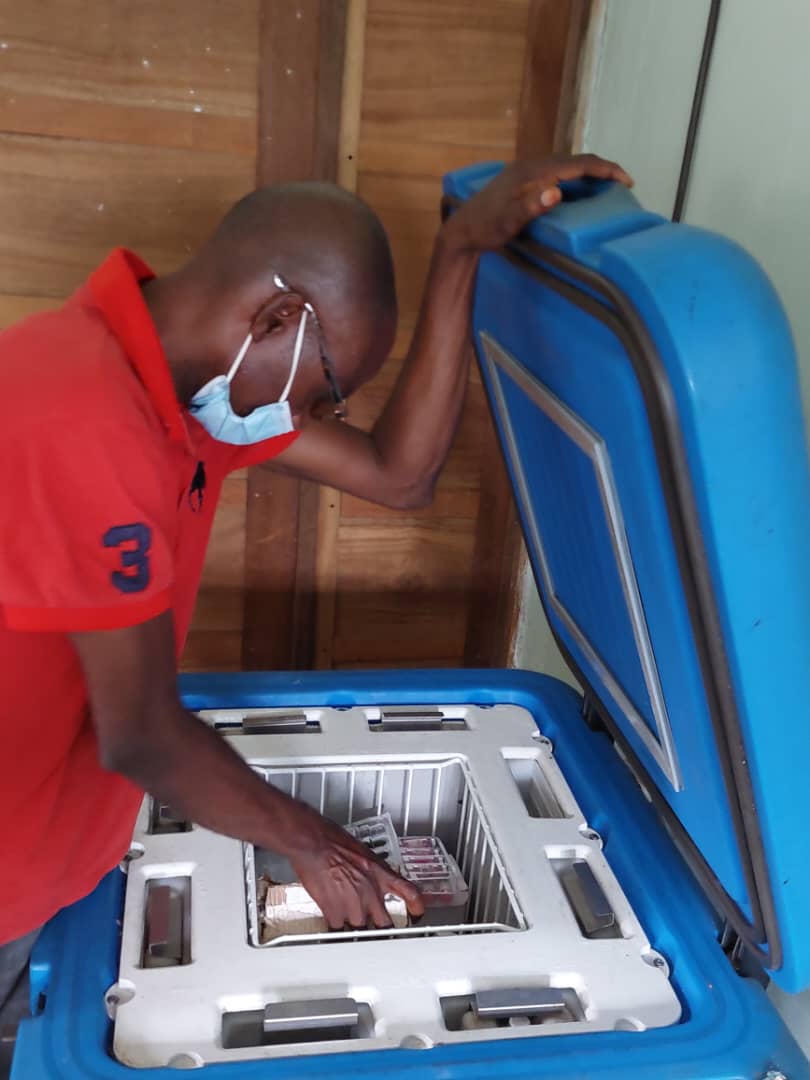
Preventable vaccine diseases
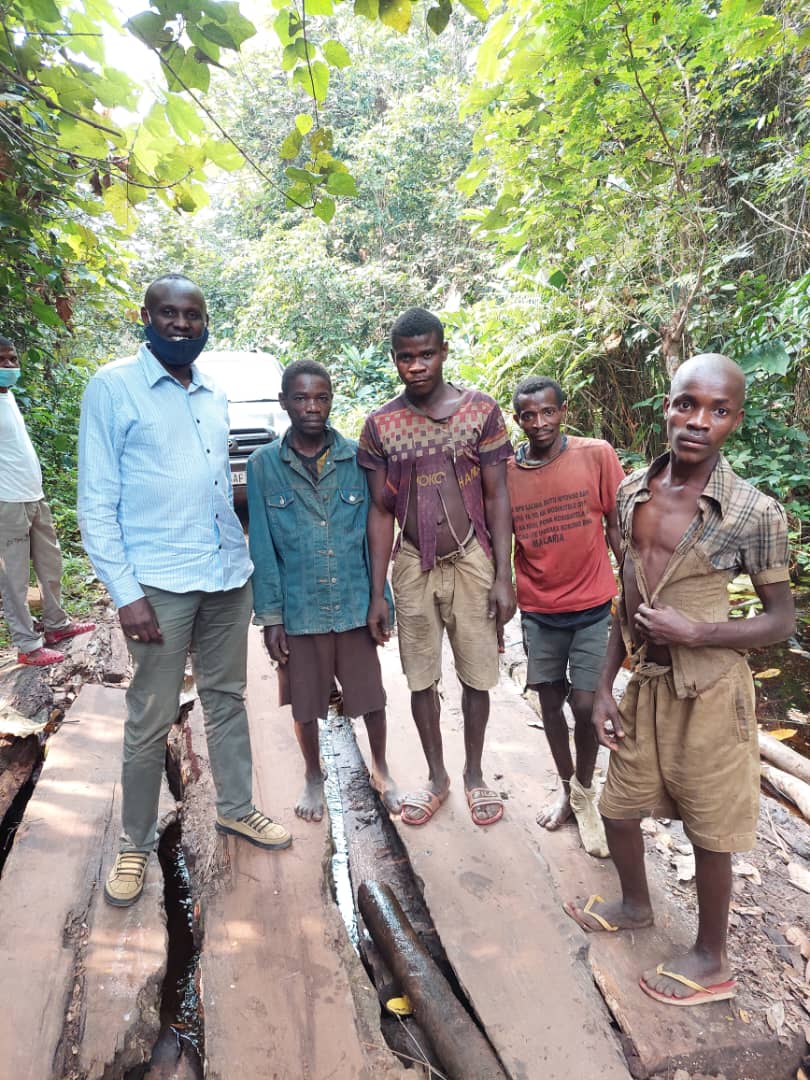
Zoonotic diseases
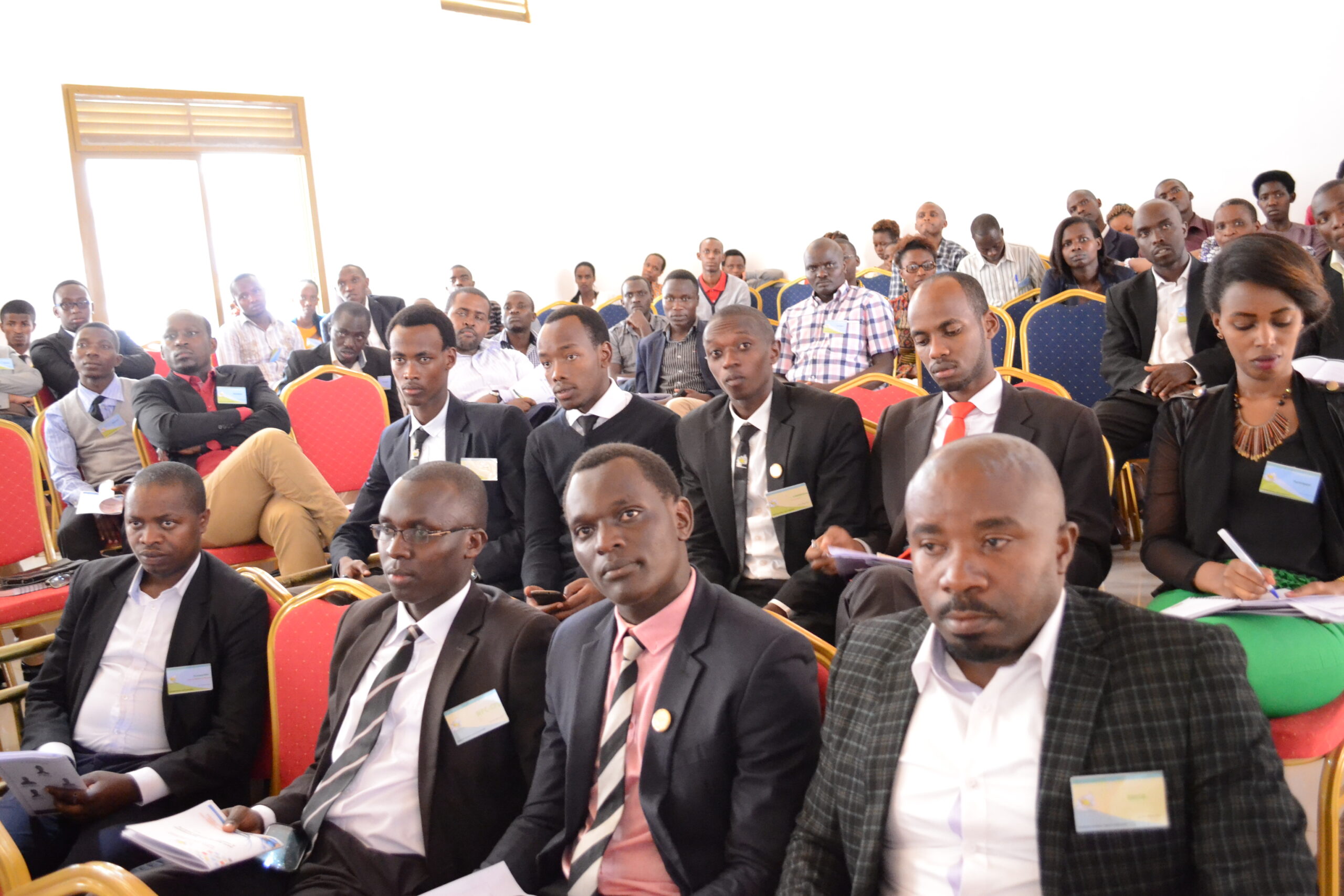
Antimicrobial Resistance (AMR)
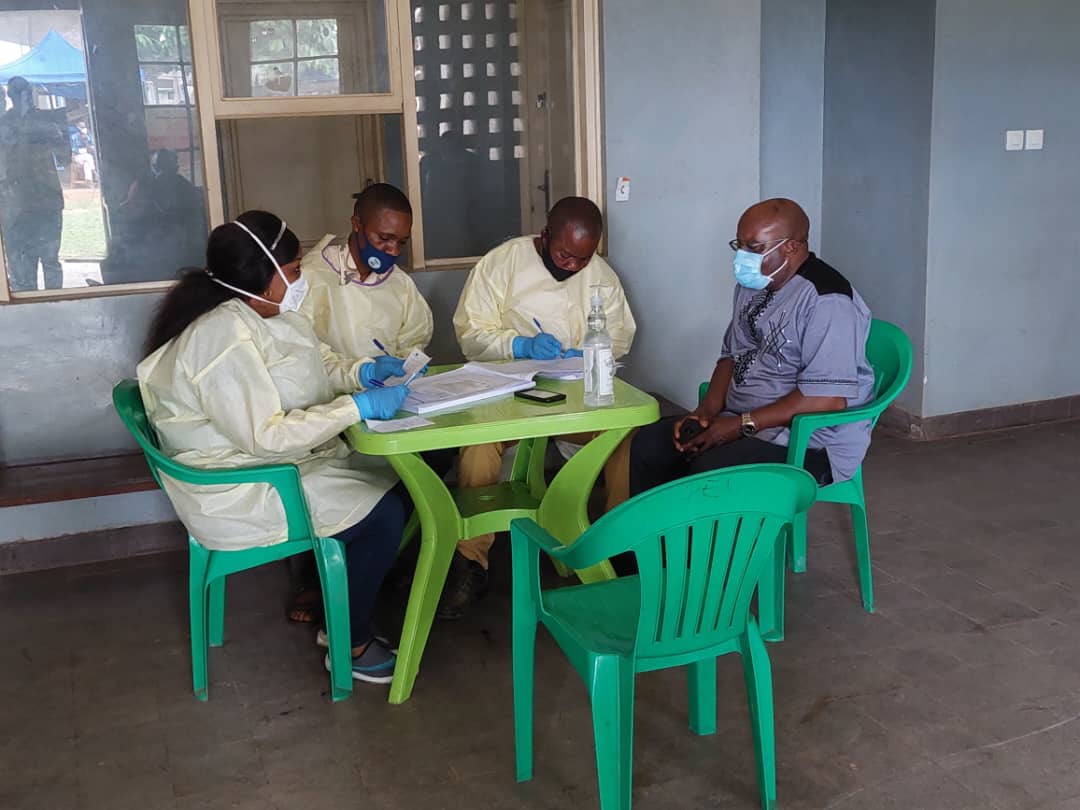
Pandemics diseases (COVID19, SARS and other influenza infection diseases)
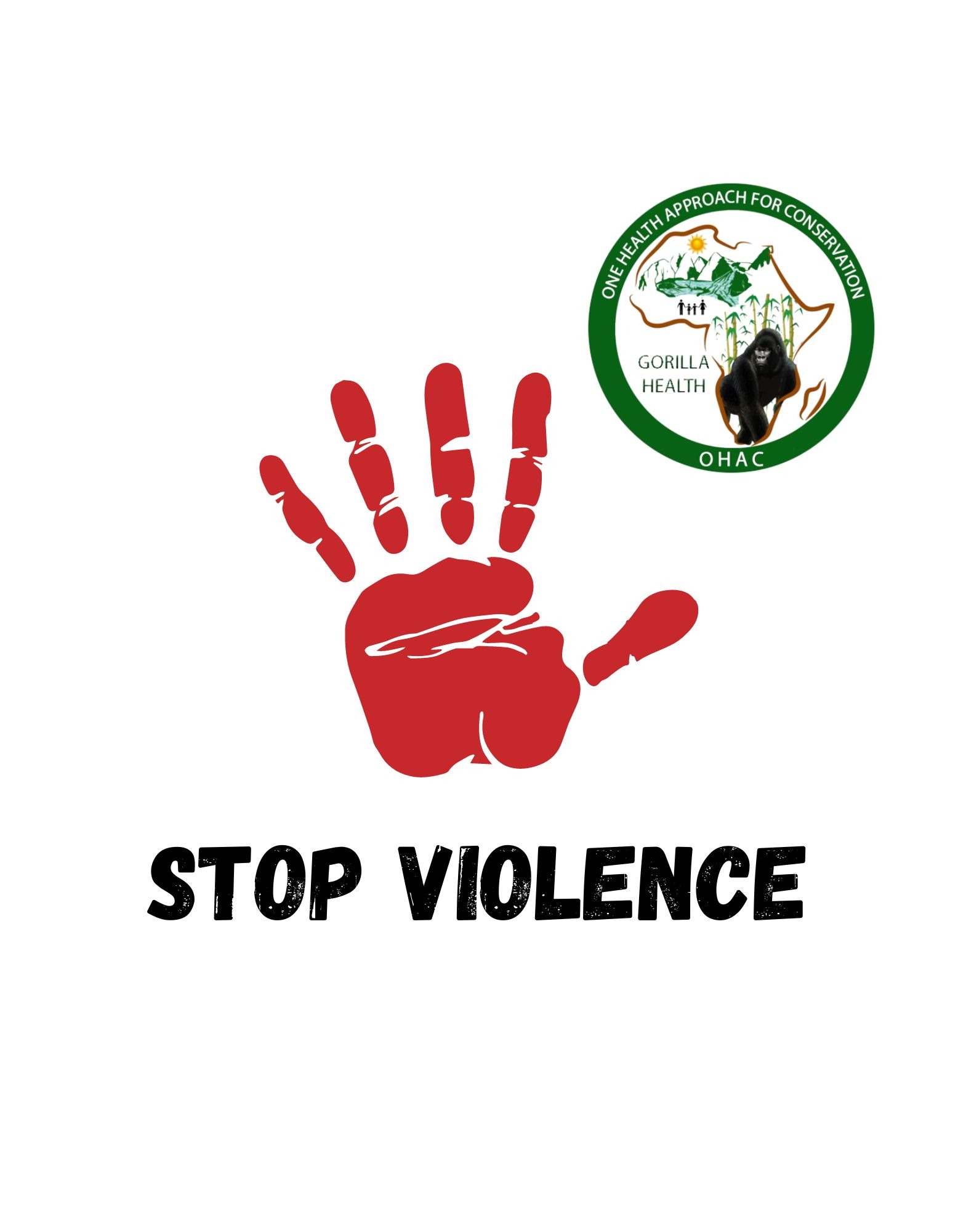
Gender Based Violence (GVB)
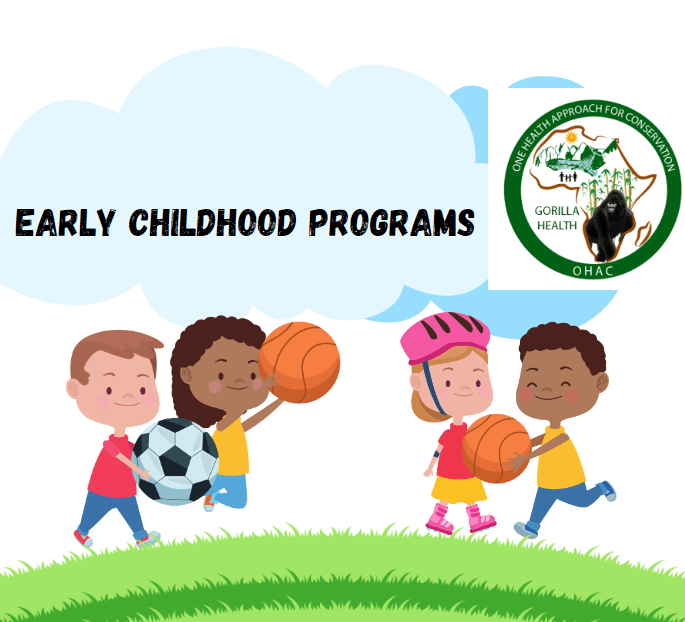
Early Childhood Programs

Mental Health
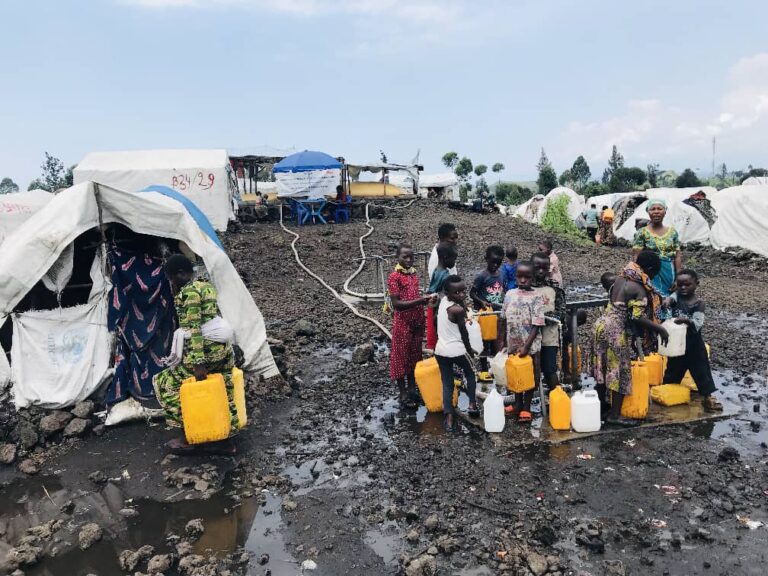
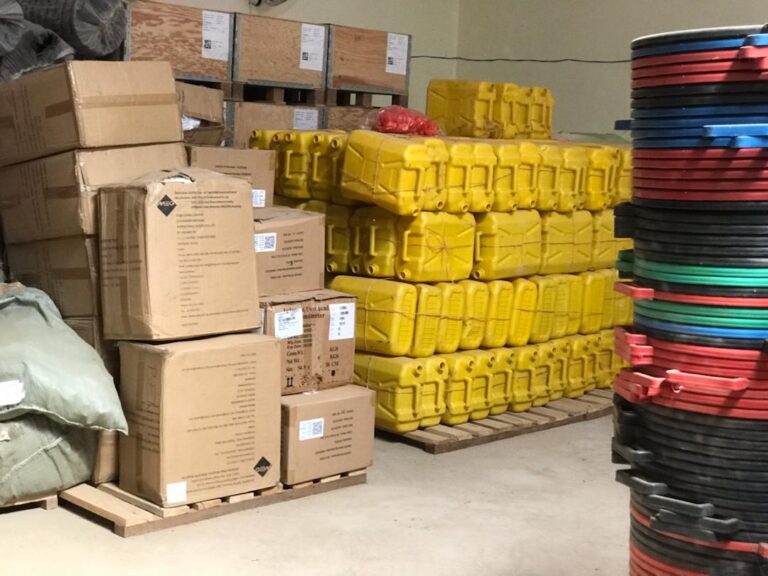
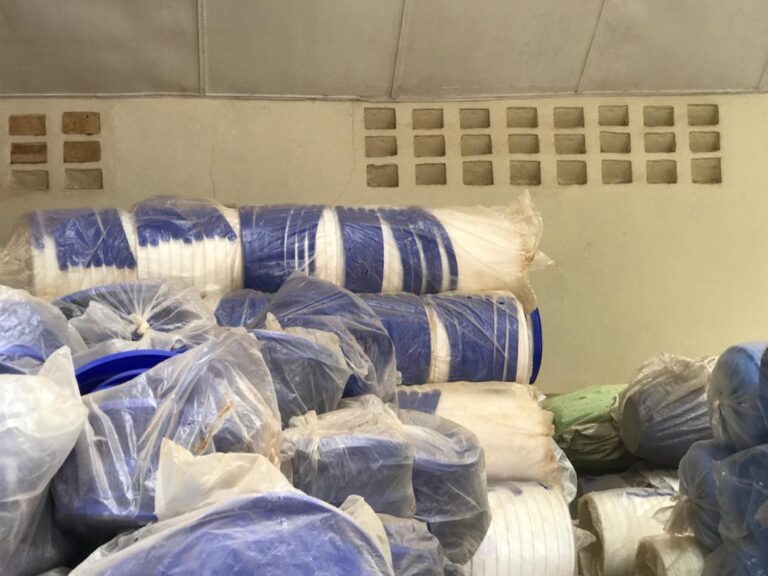
Humanitarian assistance.
The One Health Approach for Conservation (OHAC) – Gorilla Health support action to address the escalating humanitarian crisis in the Eastern Democratic Republic of Congo (DRC). Our organizations would like to provide essential services, such as food, clean water, healthcare, and shelter, to those affected by the crisis. Our support as well to organizations that focus on women and children’s. The One Health Approach for Conservation (OHAC) – Gorilla Health visited 4 camps and had the opportunity to talk to local leaders on the help needed. With this insecurity context persisting in the east of the DRC caused by different armed groups, We noted a large agglomeration of the population coming from the Democratic Republic of Congo (DRC) territory of Masisi, Rutshuru, and Nyiragongo.
The Democratic Republic of the Congo (DRC) faces one of the world’s longest and most complex humanitarian crises, driven by decades of conflict and insecurity. The One Health Approach for Conservation (OHAC) – Gorilla Health intends to actively save lives and alleviate suffering by ensuring that vulnerable and crisis-affected individuals receive assistance and protection. This action will reduce the human pressure around the Virunga National park where thousands of people gather and look for any resource for survival. The project will support the local authorities up to the rehabilitation and gradual return to the conditions which existed prior to the internal DRCongo conflicts.
Armed group attacks on civilians, combined with persistent clashes between the Armed Forces of the DRC and locals’ militia (Mai Mai, CODECO, Nyatura and Wazalendo) with the M23 and other foreign armed groups (FDRL & ADF) have generated thousands of civilian casualties and displaced an estimated 1.4 million people in North Kivu and Ituri Provinces since March 2022.
